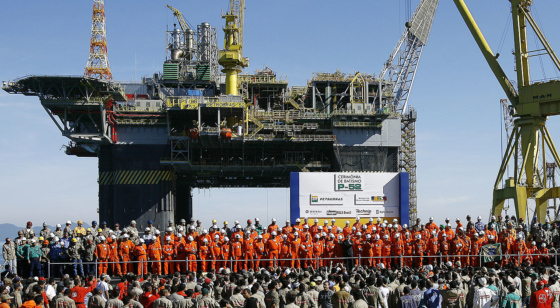
Declining Commodity Prices Brings New Challenges for Brazil
To remain competitive, Brazil will have to revise its regulations and reverse many of the reforms instituted just a few years ago.
To remain competitive, Brazil will have to revise its regulations and reverse many of the reforms instituted just a few years ago.
Richard E. Feinberg offers a scrupulously researched and judicious analysis of the economic changes that have unfolded since 2008, when Raúl Castro replaced his brother Fidel as president and initiated a reform process.
How the State Wrecked the Oil Sector—and How to Save It
Financial risks to companies and investors associated with climate change will become more important in the coming years as countries look to decarbonize their economies.
En los últimos años, se ha observado en numerosos países un déficit en la valoración social de la docencia, acompañado de una pérdida de autoestima de los propios maestros, lo que se traduce en algunos síntomas críticos, como el decreciente número de alumnos talentosos que optan por esta profesión, o…
Peace in Colombia promises to bring many environmental benefits to the country but also poses environmental risks associated with the rural development plans contemplated in the post-conflict agenda.
On October 16, the Inter-American Dialogue hosted an event to explore the Cuban economy’s future, its growth prospects, and the internal and external obstacles it faces.
On Tuesday, February 13, the Inter-American Dialogue convened a private dinner discussion with members of Congress and a delegation of Salvadoran representatives from the private sector to discuss the issue of Temporary Protected Status (TPS).
A Latin America Advisor Q&A featuring experts’ viewpoints on ESG data reporting in Latin America and the Caribbean.
Former United States Ambassador to Mexico, Roberta Jacobson, was recently appointed to the Board of Directors for Liberty Latin America.
A Latin America Advisor Q&A featuring viewpoints on private sector investment Central American economies.
Testimony by Program Director Tamara Taraciuk Broner to the House Foreign Affairs Committee, Tom Lantos Human Rights Commission, on Organized Crime, Gangs, and Human Rights in Latin America.
While the market inherently lacks the ability to discriminate between democratic and undemocratic regimes, the identification of autocracy as a tangible risk factor is crucial. Investors must recognize that supporting non-democratic regimes ultimately undermines their own interests.
Representatives from the Inter-American Dialogue and Deloitte welcomed participants and set the stage by emphasizing the importance of multi-stakeholder collaboration in advancing clean energy initiatives. The hosts highlighted the region’s vast renewable energy potential and the necessity of strategic partnerships to unlock these opportunities.
On August 5, 2024, the Dialogue’s Rule of Law Program published a policy brief that outlines an agenda to actively engage private sector leaders in impactful initiatives to strengthen rule of law and legal certainty in the region.

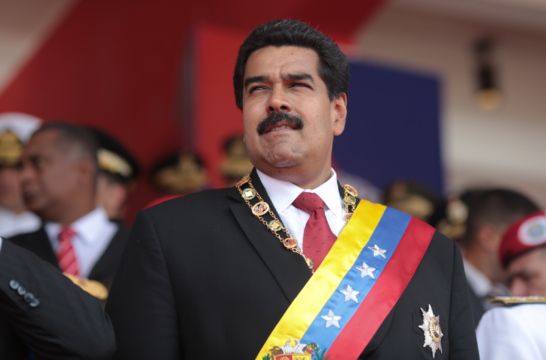


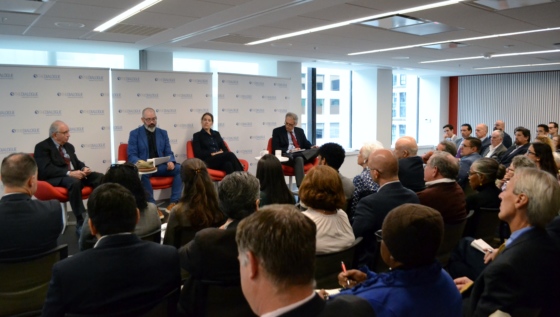 Video
Video
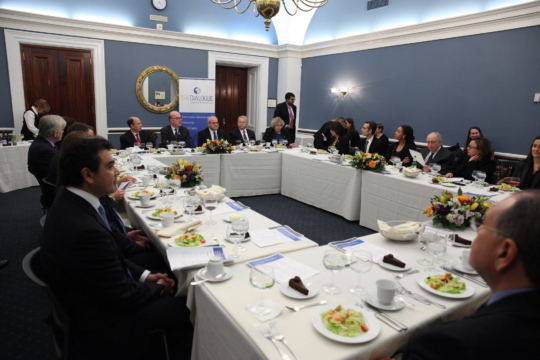

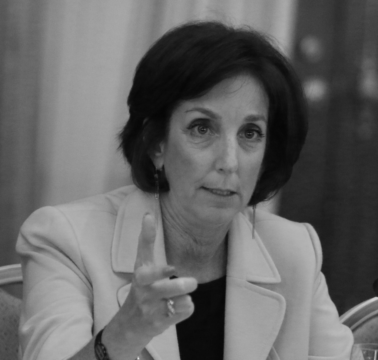
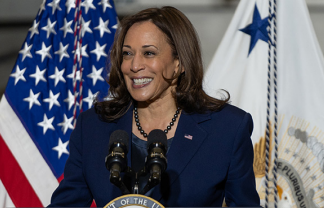
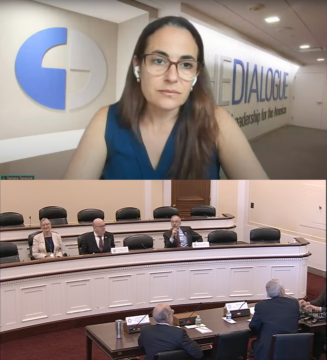 Video
Video
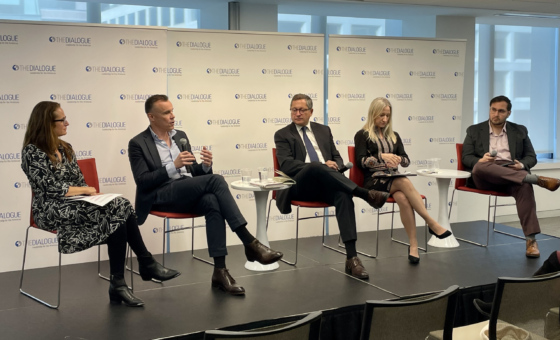 Video
Video

